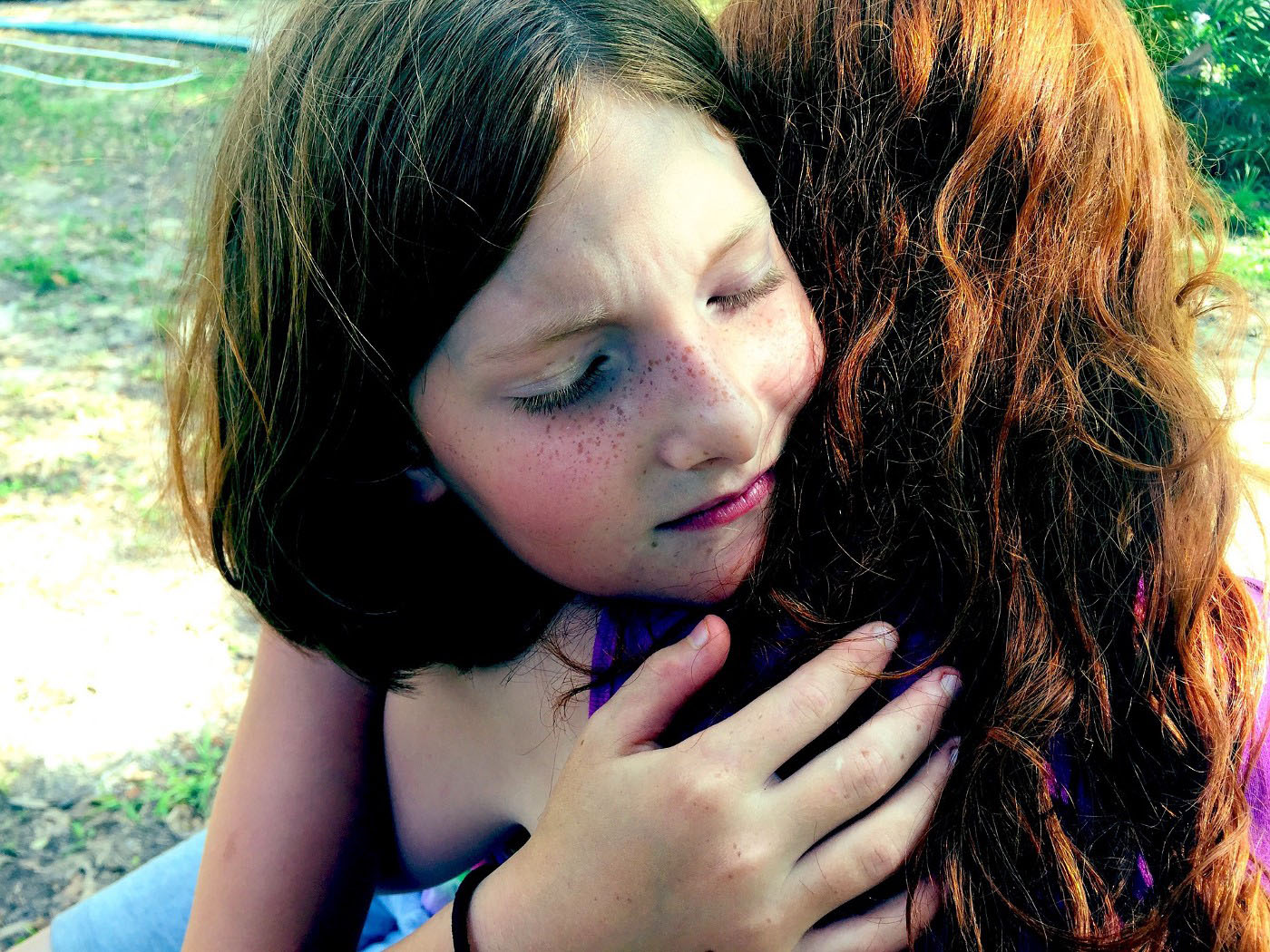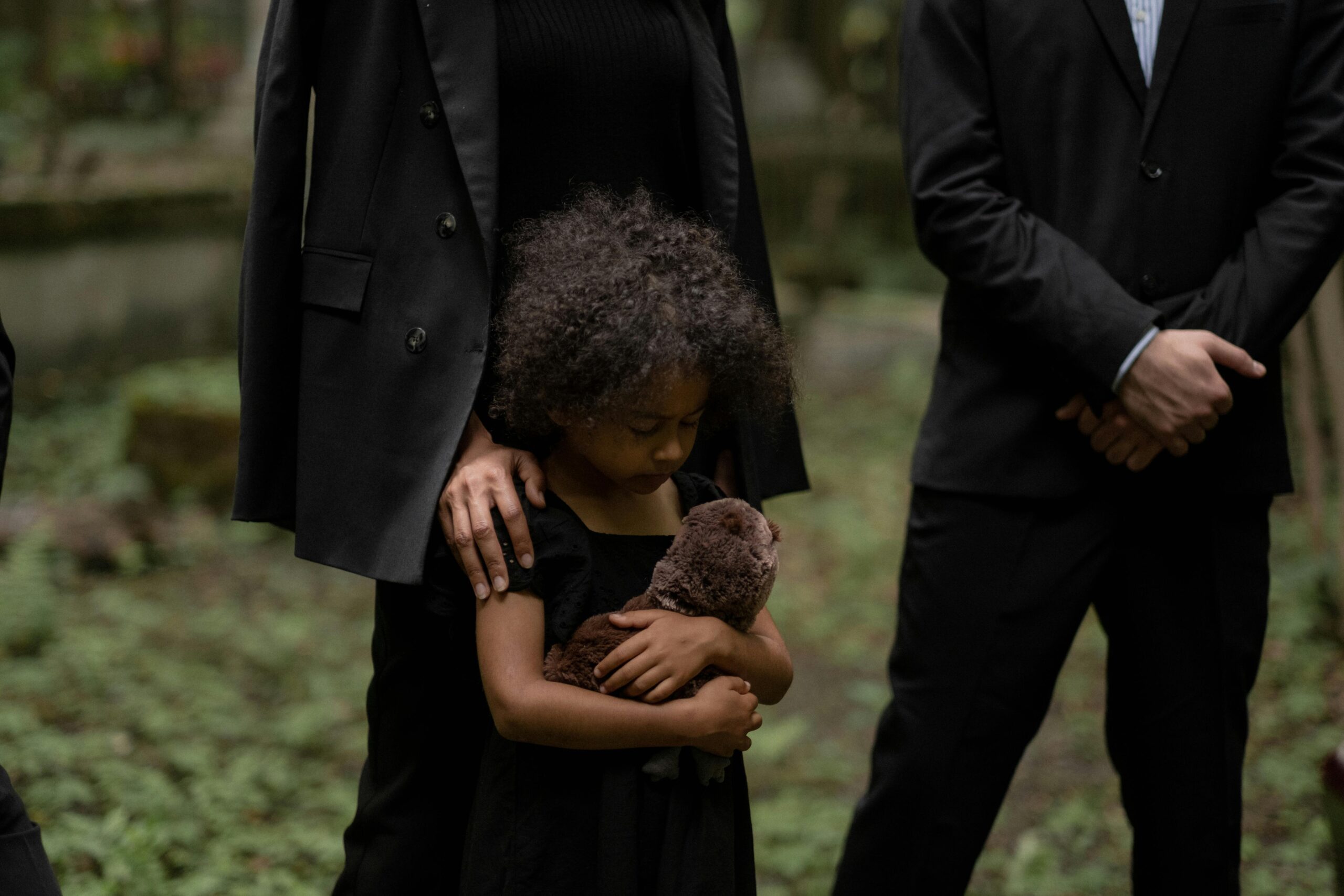
By C.B. Fosbrink
It’s a tough conversation. Grief. Grief is difficult for adults to deal with, especially if the death of someone you love is unexpected. Unfortunately, approximately 2.5 million people pass annually, leaving on average five people grieving the loss (Krull, 2020).
The most difficult time, experts suggest, is several days to several weeks after the loss, when most adults are heading back into their life routine. But although death is a part of the life cycle, speaking to our children about grieving can give anyone anxiety and a painful experience.
What do we say? How can we help them? How do we know they are suffering?
Childhood grief affects mental health, relationships, and can cause developmental troubles. And although difficult, as parents we should not shelter our kids and stop them from experiencing all feelings in the spectrum of emotions. We must, instead, guide them. Equip them with coping tools and strategies on how to handle loss.
Acknowledge their feelings
You may be tempted to hide your feelings in front of your child, but the opposite may be better. Let them know that it is okay to get upset and show emotion, comfort them, talk about the deceased person and focus on painting a picture of the happy memories. Ignoring the situation can cause more mental damage for yourself and your child than than it can cause good.
Try to go back to your Routine
Kids are beings of habit and enjoy the structure of daily activities. Therefore this is one easy way to ease anxiety. Suggest playing with friends and family. Any distractions, especially in the first few days, can help ease the pain they may be feeling.
Contact your Doctor
Sometimes, as parents, we do not have all of the answers on how to help your child, and THAT’S OK. Your pediatrician can offer suggestions or a mental health expert to help your child cope, even long after the death occurred.
If you are experiencing grief, or your child is, consider one of Poppy Life Care services and therapies. Browse through our website to learn about our services and see what might be right for you and your family.
Let’s help our children push through these difficult times.
Chesak, J. (2019). How to help a child Cope with Grief. Retrieved from https://www.sheknows.com/parenting/articles/2091302/kids-and-grief-how-to-help/#:~:text=How%20to%20Help%20a%20Child%20Cope%20With%20Grief,needed.%20…%207%20Cut%20yourself%20some%20slack.%20
Krull, E. (2020). Grief by the numbers: Facts and Statistics. Retrieved from https://www.therecoveryvillage.com/mental-health/grief/related/grief-statistics/#:~:text=About%202.5%20million%20people%20die%20in%20the%20United,powerful%2C%20it%20can%20seem%20to%20have%20no%20end.










leave a comment!
Comments